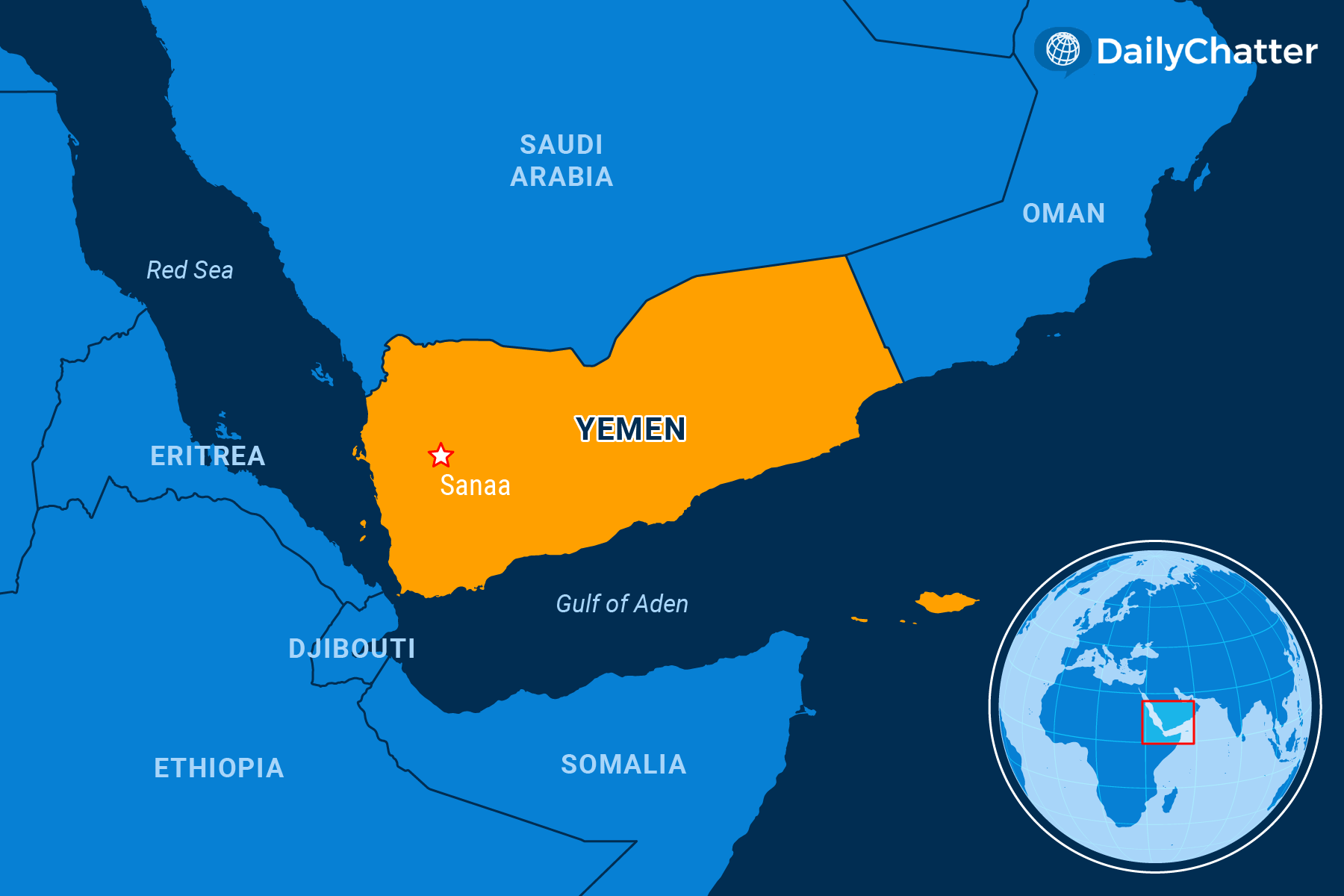Need to Know
March 16, 2023The Proxy Peace
Yemen

|
Listen to Today's Edition
|
The civil war in Yemen kept a rusting supertanker off the coast of the Middle Eastern country from delivering one million barrels of oil. Now, in an extraordinary move, wrote Agence France-Presse, the United Nations has purchased a new tanker that will pump out the oil from the older boat before it causes an environmental disaster.
That wasn’t the only glimmer of hope for a better future in Yemen, where, as the BBC explained, Saudi Arabia-backed Sunni Muslim officials of the country’s former government have been fighting Iran-backed Shiite rebels called the Houthis who seized power in 2014. Since then, the country has faced a humanitarian disaster, with thousands dead and millions displaced and in danger of starvation, wrote Relief Web.
A series of shifts in the region are now pointing to a potential end of the conflict. First, Saudi Arabia has been conducting talks with the Houthis while a ceasefire has held, moves that have alarmed the Saudi’s Yemeni allies, Reuters reported, but appear to be bearing fruit. Saudi Arabia even floated a peace deal with the Houthis, but they rejected it, according to National Public Radio.
Still, this shows that Saudi Crown Prince Mohammed bin Salman might be eager to quit the war, argued the Carnegie Middle East Center. His army and his allies’ troops have failed to defeat the Houthis. His country’s security, meanwhile, is dependent on peace and stability in Yemen, which is impossible as long as he wages an unending war there.
Second, after holding talks with the help of China, leaders in Saudi Arabia and Iran have agreed to resume diplomatic relations, CNN wrote. This breakthrough significantly shakes up the dynamic in Yemen, creating a major reason to end the “proxy war between Riyadh and Tehran,” as the Associated Press noted.
In the meantime, deliveries of humanitarian aid and other assistance successfully getting into Yemen also suggest that the talks between Saudi diplomats and Houthi leaders are bearing fruit.
These and other developments led the Soufan Center, a New York-based think tank, to ponder whether a breakthrough in the war in Yemen is imminent. The center’s analysts said a truce, reopening of airports and seaports, and other good-faith measures would precede negotiations over a political settlement.
Yemen is not out of the woods. The Houthis, for instance, have warned they would be eager to resume fighting if Saudi Arabia refuses to recognize their most important demands, which include unhindered access to Sanaa International Airport and Hodeida’s ports, added Press TV, an Iranian state-owned English language news website.
Regardless, there is, finally, a conceivable end to the violence.
Not already a subscriber?
If you would like to receive DailyChatter directly to your inbox each morning, subscribe below with a free two-week trial.
Support journalism that’s independent, non-partisan, and fair.
If you are a student or faculty with a valid school email, you can sign up for a FREE student subscription or faculty subscription.
Questions? Write to us at hello@dailychatter.com.

